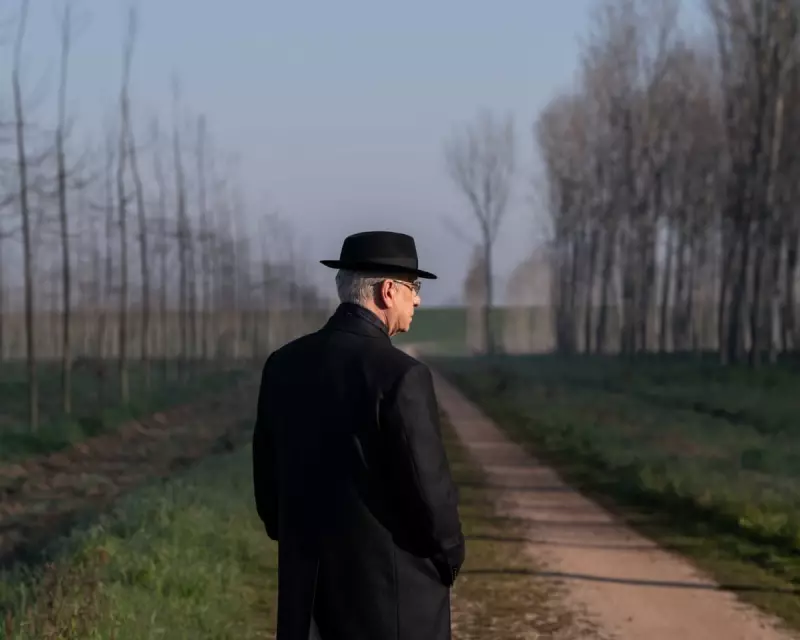
Visionary Italian auteur Paolo Sorrentino returns with a profound and exquisitely crafted cinematic event, reuniting with his magnetic muse, Toni Servillo. La Grazia is not merely a film; it is a sombre, beautiful, and deeply contemplative pilgrimage into the heart of human longing.
Servillo delivers a career-defining performance as an ageing, world-renowned architect who, following a profound personal crisis, embarks on an unexpected journey. He finds himself tasked with a monumental and ironic undertaking: designing a new, grandiose church. This sets the stage for Sorrentino's signature exploration of existential themes—faith, art, beauty, and the haunting void of secular modernity.
A Feast for the Senses
True to form, Sorrentino's direction is nothing short of majestic. The film is a barrage of breathtaking visuals, each frame meticulously composed like a Renaissance painting brought to life. The cinematography is luminous, capturing the fading glory of Italian palazzos and the stark, imposing beauty of contemporary design. The narrative, however, is far from a simple celebration of aesthetics.
La Grazia is described as a 'sad film', a bittersweet meditation on the elusive nature of grace itself. It masterfully juxtaposes the sacred and the profane, the eternal and the ephemeral, asking whether true beauty and meaning can still be found in a world that often feels spiritually bankrupt.
More Than a Simple Reunion
While the Sorrentino-Servillo partnership echoes their legendary work on The Great Beauty, this film carves its own distinct path. It is less a nostalgic trip and more a mature, philosophical evolution. The film wrestles with weighty questions without offering easy answers, sitting with a melancholy that is both poignant and thought-provoking.
Despite its sombre tone, La Grazia is punctuated with moments of Sorrentino's characteristic wit and surreal humour, providing levity amidst the profound introspection. The result is a complex, challenging, and ultimately unforgettable piece of cinema that confirms Sorrentino's place as one of Europe's most vital and ambitious filmmakers.
This is a demanding yet richly rewarding film, a must-see for admirers of art house cinema and a powerful testament to the enduring search for splendor and significance in an increasingly disenchanted world.





